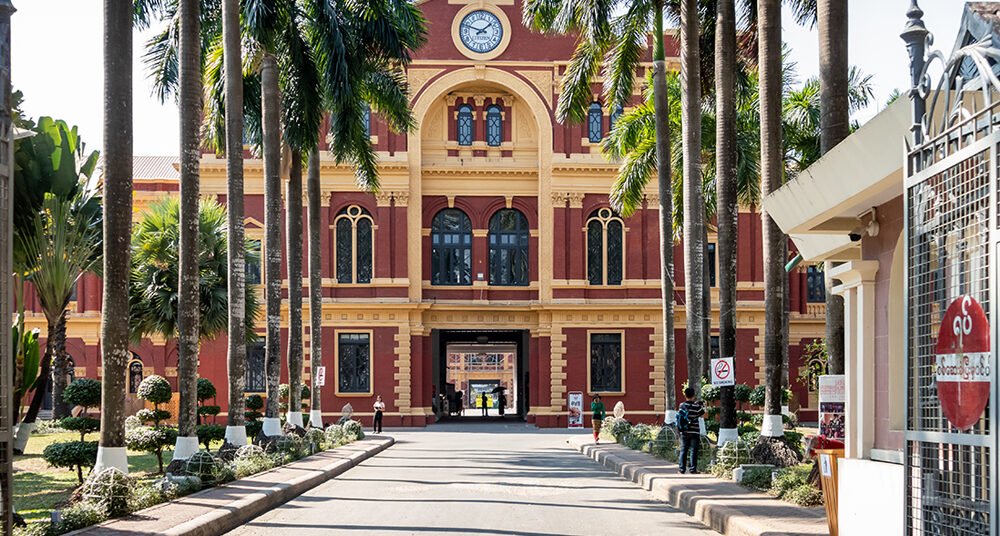Myanmar’s political history is complicated and ever evolving. For several years Myanmar was considered a state under the rule of an oppressive military junta from 1962 to 2011. Even with Aung San Suu Kyi’s government in power for last five years, the Economist Intelligence Unit rated Myanmar an ‘authoritarian regime’ in 2019.
The 2021 military coup brings the country back to tumultuous times especially pushing back years of FDI and economic reforms. A gradual liberalisation began in 2010, leading to free elections in 2015 and the installation of a government led by veteran opposition leader Aung San Suu Kyi the following year. The role of president has been largely ceremonial since the end of military rule in 2016, with Aung San Suu Kyi effectively leading the government in the role of State Counsellor.
Economic and political reforms were started by the quasi-civilian government since March 2011, attracting foreign investment into the market. However, the recent military coup has likely slowed its economic recovery. However, projections remain in positive territory.
Maybank KE expects gross domestic product (GDP) to grow by 3 per cent in FY2020/21, against an earlier forecast of 4.5 per cent, while growth in FY2021/22 could come in at 4 per cent, from an expected 6 per cent before. Meanwhile, Fitch Solutions cut its GDP growth forecast to an even lower 2 per cent for FY20/21, down from 5.6 per cent before, as well as for FY21/22, down from 6 per cent previously. “We do not think the economy will slip into a recession even if the US and EU impose tough sanctions,” economists Linda Liu and Chua Hak Bin said on Wednesday. The economic impact of EU and US sanctions could be limited by Myanmar’s growing reliance on regional trade, they added. Asia is the destination for more than two-thirds of exports, led by China and Thailand.
Leading economists in Maybank KE stated in May 2021 that they expect a significant fall in FDIs in the next two years arising from the social unrest and political uncertainty, and impact from sanctions. However, “..the impact on trade and exports will not be as large, given the likely diversion and cushion from other markets, particularly Thailand and China.”



